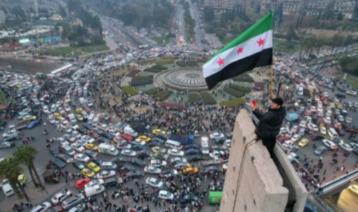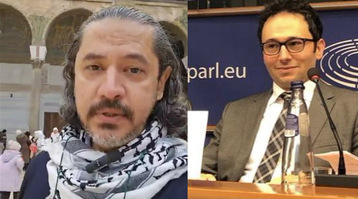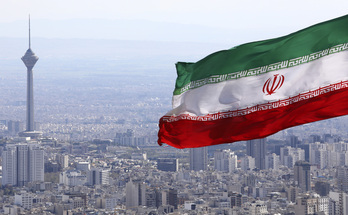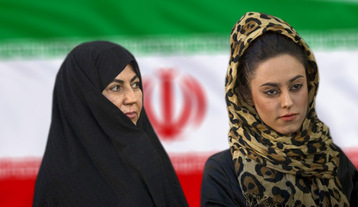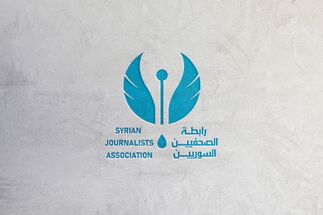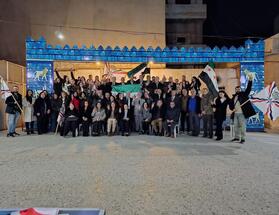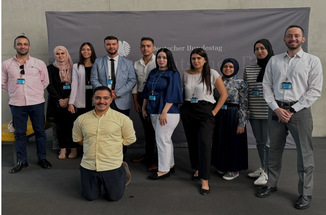-
The Leadership Challenge for Hezbollah After Nasrallah's Assassination
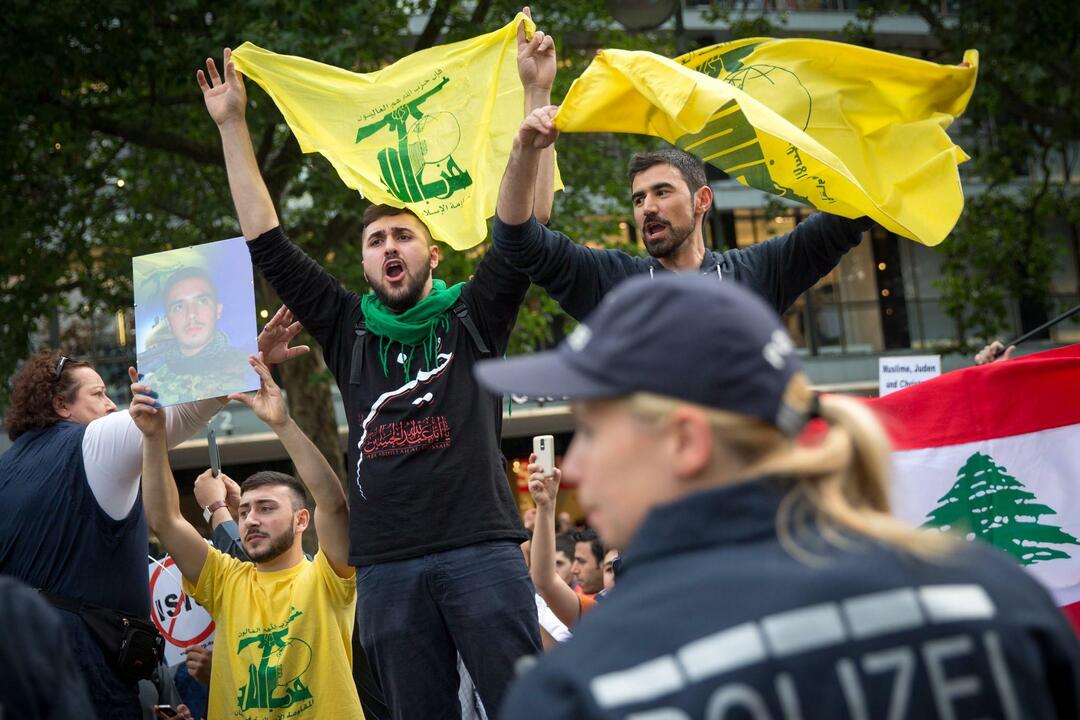
For the past 32 years, Hassan Nasrallah has been the only leader and Secretary-General of Hezbollah. He was assassinated last Friday in Israeli strikes targeting the party's leadership headquarters in the southern suburbs of Beirut. Since 1992, Nasrallah has served as the main face of the party and its pinnacle, holding the position of third Secretary-General following the assassination of his predecessor, Abbas al-Mousawi.
With this vacancy, selecting a successor to Nasrallah is now a top priority for Hezbollah. According to the party’s internal regulations, the new Secretary-General is elected by members of the "Shura Council," a panel consisting of seven members, each responsible for specific aspects of the party. Political writer Qassem Qassir labels this body as the "Council of Decision." Qassir told the BBC that the Shura Council is responsible for the party's top leadership, which is typically elected during a central conference formed by Hezbollah’s cadres and leadership. This conference was historically held every three years; however, it has not convened in recent years due to the ongoing conflicts in Syria and Lebanon, leading Nasrallah to assume the Secretary-General's role automatically.
Under the Shura Council's umbrella, five main councils operate within the party: the Executive Council, Judicial Council, Parliamentary Council, Political Council, and the Jihad Council, which oversees the party's military operations. The current members of the Shura Council include the heads of these main councils, along with Nasrallah and the Shura Council's president, Naeem Qassem, who also serves as the Deputy Secretary-General. Additionally, the council includes Mohammad Yazbek, President of the Judicial Council; Ibrahim Amin al-Sayyid, President of the Political Council; Hashem Safi al-Din, President of the Executive Council and the leading candidate to succeed Nasrallah; Hussein Khalil, the Political Assistant to the Secretary-General; and Mohammad Raad, President of the Parliamentary Council and leader of the Loyalty to the Resistance bloc, Hezbollah's political wing in the Lebanese parliament.
Qassir predicts that Hezbollah is unlikely to hold elections for a new Secretary-General in the near future, and responsibilities may be assigned to Deputy Secretary-General Naeem Qassem until the ongoing war conditions change.
Hezbollah was formed in the early 1980s as an armed Shia political group by clerics committed to the principle of "Wilayat al-Faqih," a doctrine established by Iran's Supreme Leader Ruhollah Khomeini following the Islamic Revolution in 1979. Therefore, one of the most important characteristics required for the individual assuming the leadership of Hezbollah will be that he is a religious figure.
You May Also Like
Popular Posts
Caricature
opinion
Report
ads
Newsletter
Subscribe to our mailing list to get the new updates!

